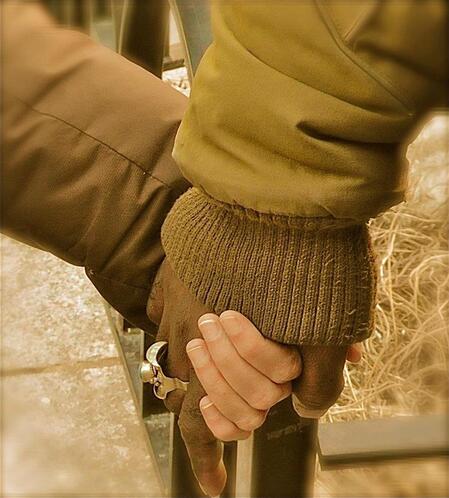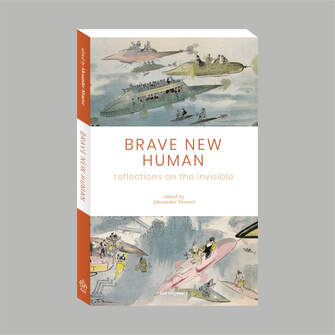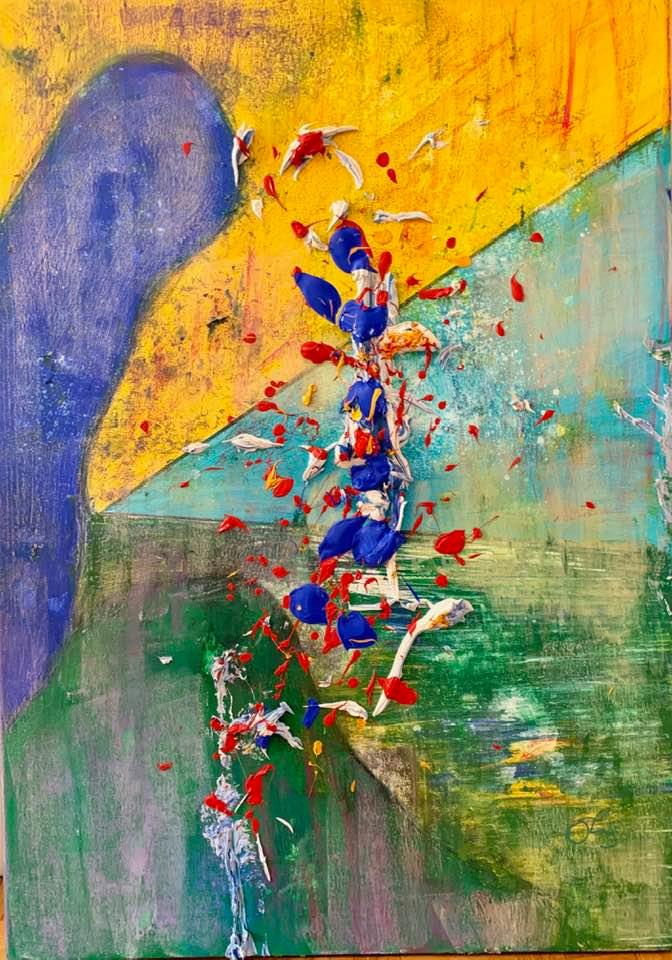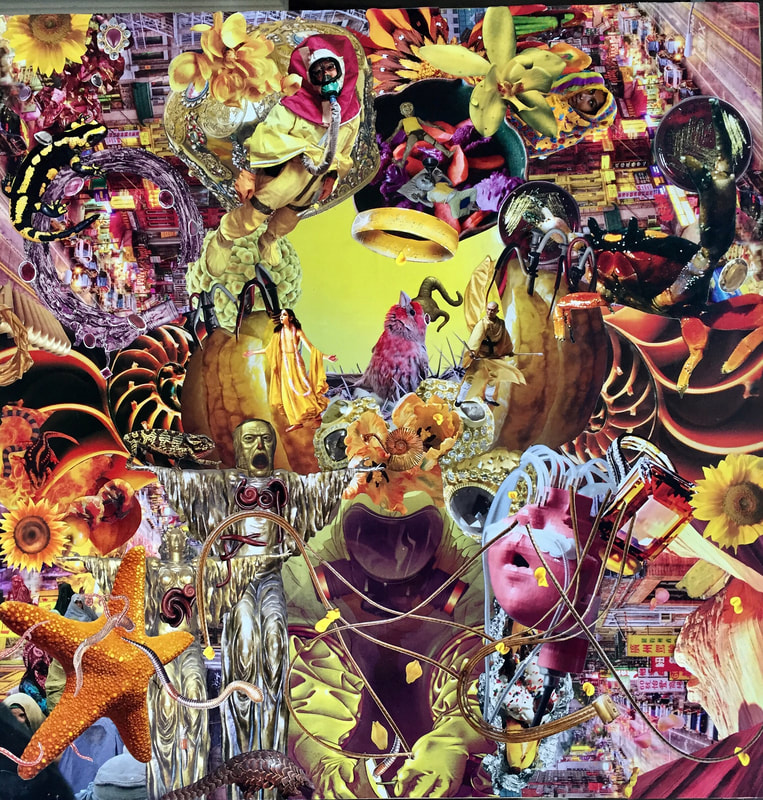Author: Francesca Ferrando
Being a scholar offers a great opportunity: to be an agent of social change and racial justice. Knowledge-production is one of the technologies through which social constructions and racial hierarchies are created and maintained. We, scholars, produce what is valued as scientific knowledge, which constitutes the basis for laws, civic norms and social evolutions; this is why we bear great responsibility. This is a time of deep social awareness, as demonstrations, protests and riots are calling for racial justice and social change. Black people have been systemically killed and brutalized; thousands of people are currently being arrested while bringing a clear message to all humankind: Black Lives Matter. Racism has been revealed in its ongoing brutality and historical pervasiveness, systemically institutionalized and ingrained in psychological, cultural, social and political norms. As scholars, we need to realize that our role is not neutral. We play a key role and we need to be fully aware of it.
A good scholar is someone honest with themselves and with the world around them. A good scholar is someone who can see what is happening and is able to say: this has to change, right now. Karl Marx said it clearly: "the philosophers have only interpreted the world in various ways; the point, however, is to change it" (Marx and Engels 1888; emphasis in original). Society trusts us to produce scientific knowledge in order to advance not only general welfare, but also a fair system of regulations and ethics. Still, academic productions often reflect the biases of their era; thus, it is not surprising that relevant minds of the past could also be racist and sexist, such as the case of Aristotle, according to whom women were inferior and slavery was a natural condition. Scholarly productions that are still tainted with racism, sexism and ethnocentrism, among other discriminatory frames, are becoming less dominant, thanks to the work of intellectuals who dare to challenge mainstream views. As the black feminists Akasha (Gloria T.) Hull, Patricia Bell Scott, and Barbara Smith render it: “all the women are white, all the blacks are men, but some of us are brave” (Hull et al. 1982). We need to be brave to change social, political and intellectual trajectories that are perceived as ‘normal’. How can we do this?
It is time to stop, take a pause and listen. It is time to rethink our habits as a species, and be aware of our biases, not only as individuals, but as a society. We, scholars, have a great responsibility. We cannot be silent and uncritical of white privilege and supremacist narratives: this kind of silence turns into complicity with conditions that are, in fact, infectious and life-threatening social disorders. From this lens, anti-black racism is, more clearly, an insidious culturally-learnt, systemically-induced, and historically-specific mental disease that needs to be addressed thoroughly and urgently, since it is undermining the existential dignity, safety and lives of black people, along with the general well being of the human species. As Martin Luther King, while jailed because of protesting racial discrimination in Birmingham (Alabama), evocatively said: “Injustice anywhere is a threat to justice everywhere. We are caught in an inescapable network of mutuality, tied in a single garment of destiny. Whatever affects one directly, affects all indirectly” (1963). Racism has been historically sustained by systems of knowledge-production: this is why our role, as scholars, is crucial. We are now aware that words shape the world, and thus, an integral understanding of our world needs to shape our words. We bear great responsibility, and now that we know it, we can make a difference. Nothing is inevitable, and everything we promulgate through our writings and teachings will affect and effect the generative network of social and species interactions.
It is time to be agents of change. It is time to ask ourselves, in all sincerity: what kind of assumptions are we taking for granted in our research and in our life? Are we conscious of (macro- and micro-) dynamics of racial oppression? It is time that our scholarly efforts produce knowledge that is fully aware of the historical legacies of systemic racism by offering studies, researches, examples, visions, actions, ethical views and social norms that are based on pluralism, diversity and social equity; that emanate racial justice and dignity; that take into consideration the intra-relationality of existence; that are manifesting radical ontological healing. Only these steps will bring real change to us, as individuals, to society, and to our posthuman era. The time is now. We can do this together, because we are in this together. This is a call to posthuman scholars for social change and racial justice, right now, because Black Lives matter: to all of us.




 RSS Feed
RSS Feed
